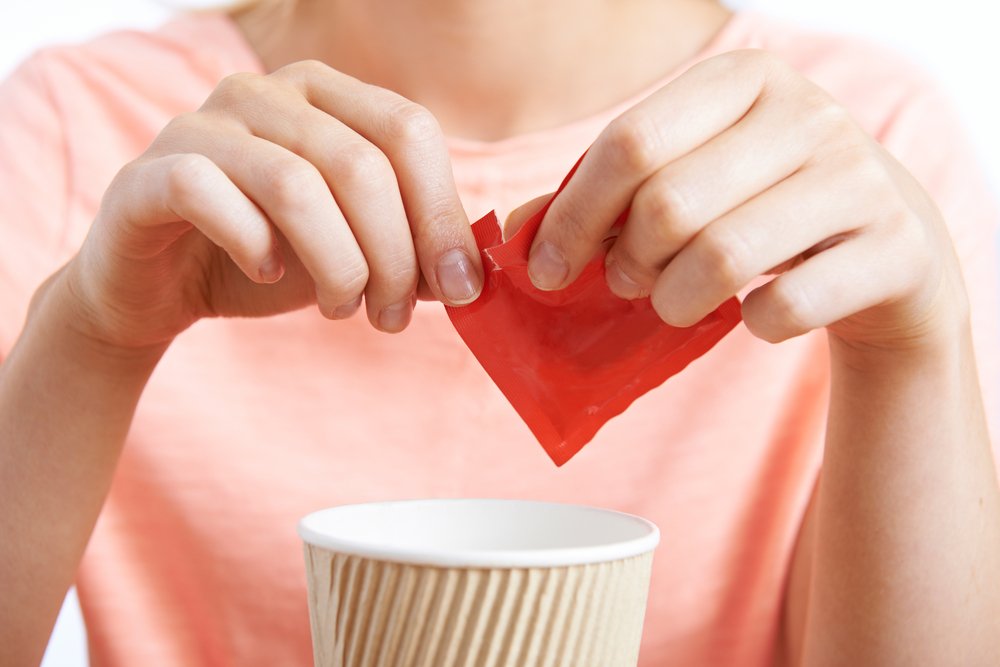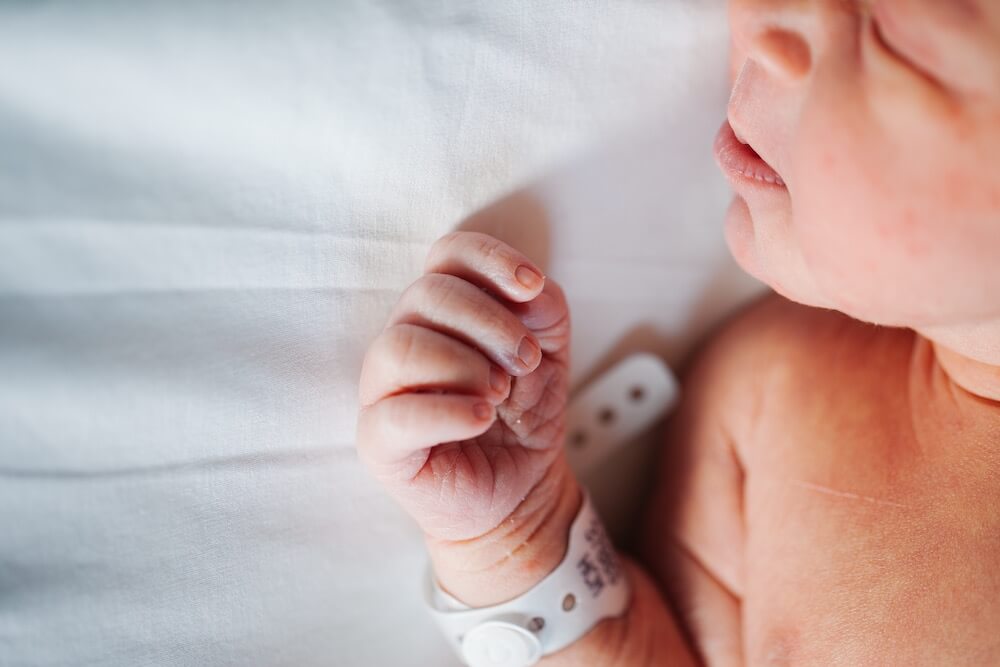We know that pregnancy can be filled with cravings for sweet things! That’s why today, we want to talk about artificial sweeteners, so you can make sure you and your baby are eating foods that are safe.
Although more research is required, keep in mind that too much sugar and artificial sweeteners during pregnancy can be detrimental to your baby’s development, so be mindful of your consumption: pregnant women should have no more than 30g of free sugars a day.
That being said, in today’s modern world it’s not realistic to avoid sweeteners completely, so we want to help you stay informed so you can make the right choices for you and your baby!
Before getting to the sweeteners that are FDA approved, it’s important to note that the World Health Organization recently published a recommendation to avoid the use of artificial sweeteners as a way to control weight or manage noncommunicable diseases (like diabetes), since the ambiguity of their risks outweighs their benefits. So try to avoid them whenever possible. Remember, sometimes it’s not about calories, but about quality!
The FDA has approved the following non-nutritive artificial sweeteners as safe to consume while pregnant, in moderation: Stevia, Pure Via, Sweet Leaf, Truvia (which are Rebaudioside A); Splenda (which is Sucralose); Equal, NutraSweet, Nutra-Taste (which is Aspartame); Acesulfame-K (also known as Sunnette).
A point has been made by nutritionists that pregnant women should have no more than 1-2 servings of aspartame a day.
Sorbitol and Xylitol are sweeteners found in sugar-free candies and chewing gum. They are also considered safe during pregnancy but if consumed in large amounts they can cause gastrointestinal problems.
Erythritol is yet another sweetener option that is generally recognized as safe by the FDA, and as all the substances mentioned before, it is best used in moderation during pregnancy.
Saccharin (Sweet ‘N Low) is definitely not recommended for pregnant women, since studies have shown that it can cross the placenta and may remain in fetal tissue, and some institutions still consider it a mild carcinogen. If you accidentally eat something with saccharin, don’t panic, a small amount won’t harm your baby. But try to be especially careful if you’re breastfeeding, since it can be passed through breast milk.
A sweetener that has come into the sugar-free spotlight lately is Monk Fruit. According to the FDA monk fruit extract is considered safe to use during pregnancy, but keep in mind that it’s a relatively new product and there is not much research about its possible effects, so the same as all the others, consume it in moderation.
Remember to ask your doctor about their recommendations, as they might have specific notes or restrictions for your particular case, and have more information on how certain substances can affect you and your baby. And don’t forget the golden rule: everything in moderation! Enjoy your cravings while maintaining a healthy balance!








